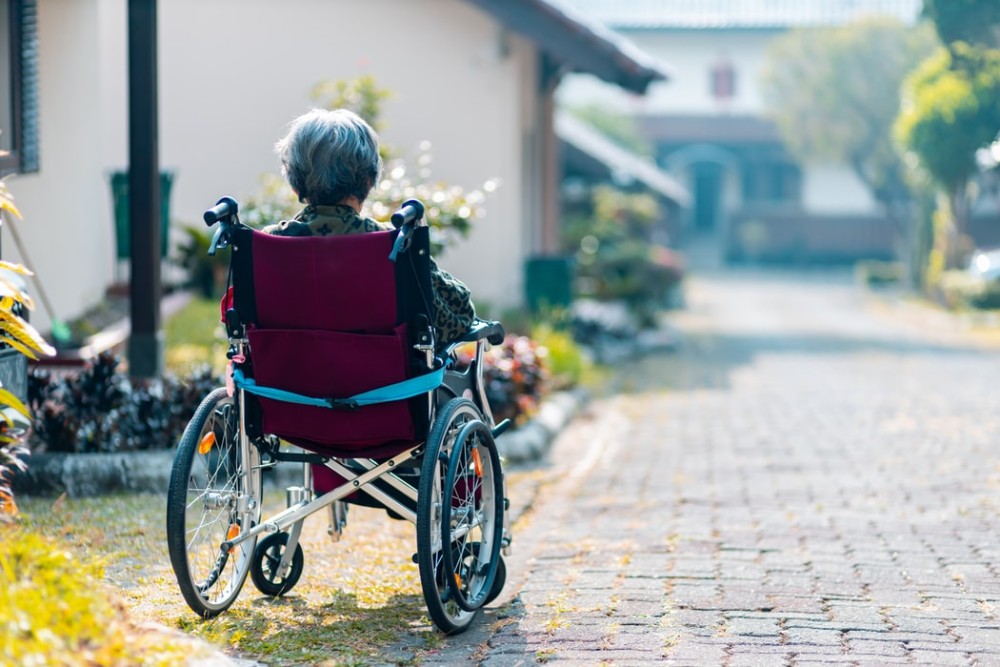The researchers indicated that illiterate people were twice as likely to develop dementia as their peers. The study is part of broader research that has taken decades.
Scientists from the Columbia Unversity are shedding light on the correlation between dementia and literacy levels. The development of dementia in the late stages of your life may come down to your ability to read and write.
correlation between illiterate people and dementia
The research was published on Wednesday in the online issue of the journal Neurology. To obtain these results, the researchers used 983 adults over age 65 living in New York City’s Washington Heights area who had four or less years of schooling.
The research involved interacting with these participants in their homes. Researchers would then conduct tests on these individuals to determine their memory, language and visual or spatial abilities. They would also make a dementia diagnosis based on the standard criteria.
The data obtained showed that illiterate people performed poorly on all these tests as compared to their peers. The data also showed that those who have never learned how to read or write were three times more likely to develop dementia.
The data also showed that among those without dementia at the beginning of the study, illiterate people developed it at twice the rate the literate were developing it.
Study part of a broader research
The researcher indicated that this study is part of a long term study they had been conducting since 1992 in the Washington Heights area. They have followed 6,500 New Yorkers in the past three decades and studying their aging.
Jennifer Manly, a neuropsychology professor at Columbia University and the senior author of the study, said the policymakers needed to pay attention to such studies. She said,
Increasing opportunities for children and adults to obtain literacy may be protective for brain health later in life.
Education policymakers should, therefore, ensure they provide opportunities to all groups. This will ensure the reduction of mental health issues such as dementia in the future.
Featured image by Unsplash







